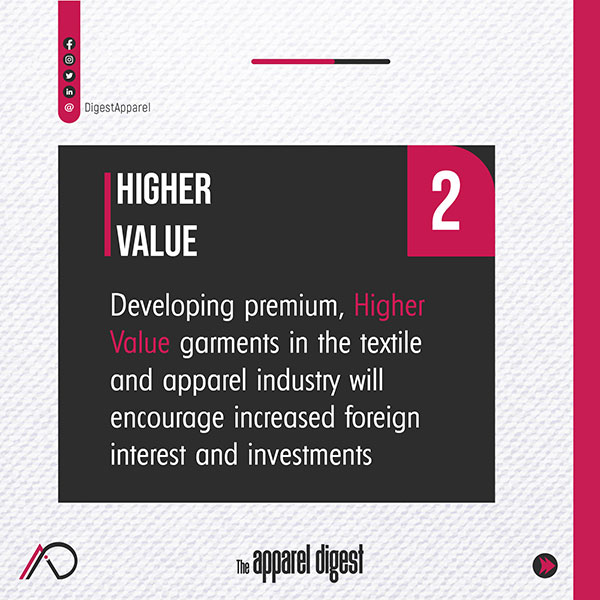UK employment has reached a new 12-year low as businesses grapple with rising labour costs and global uncertainty, according to the latest business trends report from BDO, the business advisory and accountancy firm.
This drop in the BDO Employment Index signals further cooling of the UK jobs market, with vacancies continuing to decline in Q1 and falling below pre-pandemic levels for the first time in four years. Early estimates also indicate the number of payrolled employees fell by 78,000 in March.
This raises new concerns that businesses are pulling back hiring in response to mounting cost pressures and employment overheads, including National Insurance Contribution (NICs) and the increased minimum wage, which came into effect in April.
These domestic pressures have been compounded by ongoing international headwinds, including the ever-evolving international trade picture. While separate research from BDO indicates that mid-sized businesses’ international growth ambitions remain strong, business output stalled in April. The BDO Output Index fell from 98.23 to 96.90 – its sharpest monthly decline since October 2023, when the conflict in the Middle East started. Recent trade agreements, including the India–UK deal and the US–UK deal, could be a positive signal for businesses, but their immediate impact on output remains uncertain, as per the report.
This drop reverses the modest gains seen in March, when the Output Index improved slightly, and points to renewed weakness in the economy driven in large part by the services sector. Services output fell from 98.72 to 97.17 this month as a result of softer international demand following the US tariffs announcements and their subsequent impact on financial markets.
A fall in business confidence also contributed to the weakening employment market. BDO’s Optimism Index, which measures business confidence across two of the UK’s major sectors – manufacturing and services – fell to 91.36 last month amid rising labour costs, including NICs and minimum wage increase, alongside global trade uncertainties. This is the lowest Optimism reading since January 2021, when the UK was entering its third national lockdown.
The decline was broad-based but particularly driven by the services sector, which showed uncharacteristic weakness and weighed heavily on the overall Optimism Index.
“Month on month we’re seeing the bleak impact of the increased tax burden, greater regulation and global instability on UK businesses. For mid-market companies to thrive they need space to focus on day-to-day operations rather than constant firefighting. It is practically impossible for businesses to plan and invest with so much instability. The chancellor must act quickly to provide better access to capital, skills support and market stability,” Scott Knight, head of growth at BDO, said.

